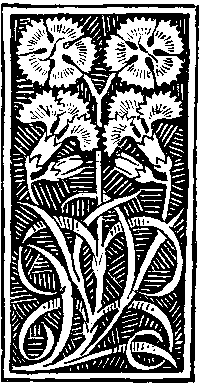The Tenant of Wildfell Hall’s (1848) Residence at the BBC:
Neo-Victorian Adaptations in the 1960s and 1990s
Keywords:
adaptation, Anne Brontë, BBC, classical serial, feminism, gender, neo-Victorianism, television, The Tenant of Wildfell HallAbstract
Anne Brontë’s novel The Tenant of Wildfell Hall (1848) has never been adapted for the cinematic screen and only twice for television. The first adaptation was a four-episode serialisation that was broadcast on BBC2 over the Christmas period in 1968-69. Nearly three decades later, BBC1 showed another three-episode version in 1996. While Brontë’s novel presents many difficulties to adaptors, it also enabled the BBC to experiment within the generic conventions of the classic serial. This article argues that both productions should be positioned within the wider web of other neo-Victorianism culture. Even though screen adaptations of Victorian literature have been central to the evolution of neo-Victorianism as a phenomenon, they have received limited attention from neo-Victorian critics, with recent scholarship in this area concentrating on postmillennial examples. This failure can be attributed to influential but too rigid definitions of neo-Victorianism that have led to the canonisation of certain works and the marginalisation of others. This article
responds to and aims to steer a recent turn in the field calling for more flexible and inclusive conceptualisations of neo-Victorianism to account for its changing functions in present-day culture. In particular, I argue for the necessity of engaging with screen representations of the Victorians throughout the twentieth century such as the two television versions of The Tenant of Wildfell Hall.


